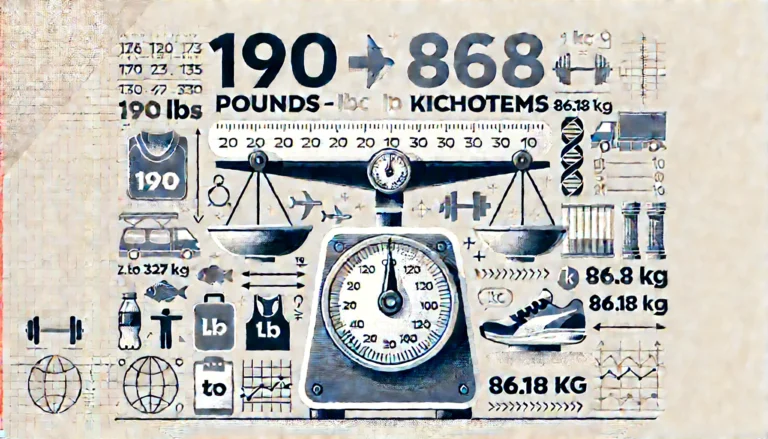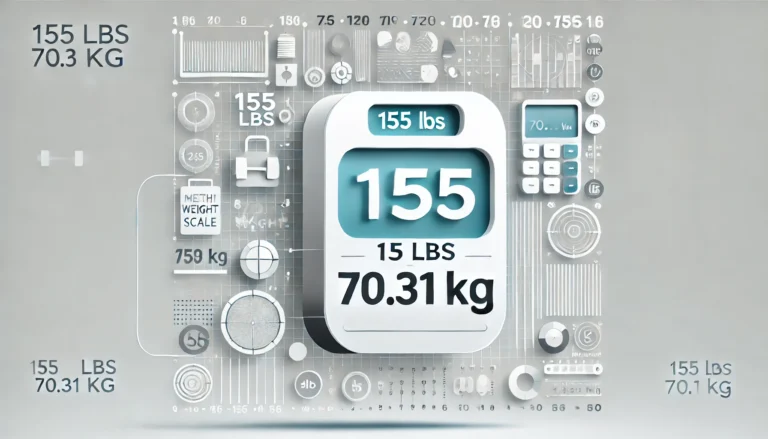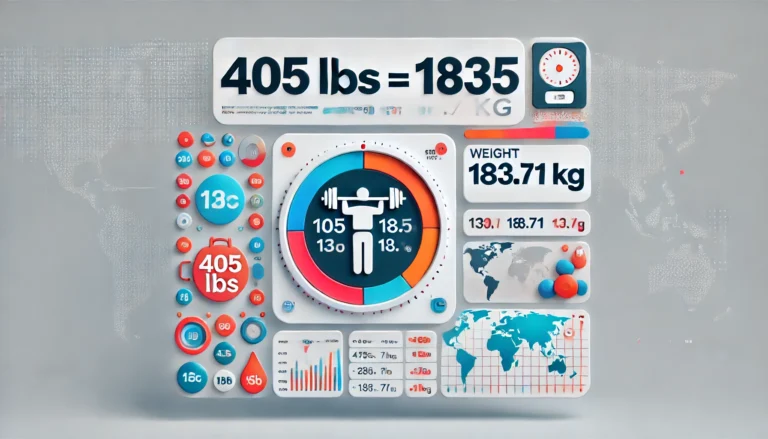
Introduction
Have you ever found yourself looking at the scale and seeing 88 kg staring back at you? Maybe you’re wondering if it’s the right weight for you, if it’s considered healthy, or how it affects your daily life.
The truth is, 88 kg is just a number, but what really matters is how you feel, how strong you are, and how well you move. Whether you’re trying to lose, gain, or maintain weight, understanding 88 kg in the context of health, fitness, and daily life can be helpful.
In this blog, we’ll cover everything about weighing 88 kg—from what it means in terms of BMI, fitness levels, and body composition to tips for staying healthy and strong at this weight. If you’re looking for guidance, motivation, or just a fresh perspective, you’re in the right place!
Is 88 kg a Healthy Weight?
One of the first things people ask when they see their weight is, “Is this healthy?” The answer depends on your height, body composition, and overall lifestyle.
BMI and 88 kg
BMI (Body Mass Index) is a common way to check if your weight is within a healthy range. Here’s how it works:
BMI Formula:
BMI=Weight (kg)Height (m)2BMI = \frac{\text{Weight (kg)}}{\text{Height (m)}^2}BMI=Height (m)2Weight (kg)
Let’s break it down with some examples:
| Height | BMI at 88 kg | Category |
|---|---|---|
| 1.60 m (5’3″) | 34.3 | Obese |
| 1.70 m (5’7″) | 30.4 | Overweight |
| 1.80 m (5’11”) | 27.2 | Overweight |
| 1.90 m (6’3″) | 24.4 | Healthy Weight |
- If your BMI is below 18.5, you’re underweight.
- A BMI between 18.5 and 24.9 is considered healthy.
- A BMI between 25 and 29.9 is overweight.
- A BMI of 30 or above is considered obese.
But here’s the thing: BMI isn’t everything! It doesn’t consider muscle mass, bone density, or body fat percentage.
88 kg and Body Composition: Muscle vs. Fat
Two people can both weigh 88 kg, but their bodies can look completely different.
- If you are 88 kg with a lot of muscle, you might look lean and strong.
- If you have 88 kg with a higher body fat percentage, you might carry more weight around your waist, hips, or thighs.
Why Body Fat Percentage Matters More than BMI
BMI doesn’t differentiate between muscle and fat. A fit bodybuilder and an inactive person with the same height can have the same BMI but look and feel very different.
Healthy Body Fat Percentages
| Category | Men | Women |
|---|---|---|
| Essential Fat | 2-5% | 10-13% |
| Athletes | 6-13% | 14-20% |
| Fitness | 14-17% | 21-24% |
| Average | 18-24% | 25-31% |
| Obese | 25%+ | 32%+ |
If you’re 88 kg and athletic, you may have a low body fat percentage and a lot of muscle. If you have a higher fat percentage, you might want to focus on body recomposition (reducing fat while maintaining muscle).
Daily Life at 88 kg: Strength, Energy, and Movement
How 88 kg Feels in Daily Life
Your weight affects how you move, exercise, and feel.
✅ If you’re strong and fit at 88 kg:
- You may feel powerful, with plenty of energy.
- Daily activities like walking, lifting, and climbing stairs feel easy.
- Sports and physical tasks come naturally.
⚠️ If you’re carrying extra fat at 88 kg:
- You may feel sluggish or tired often.
- Joint pain (especially in the knees and lower back) might be common.
- Walking or exercising may feel harder than it should.
88 kg and Fitness: What’s the Best Workout Plan?
If you’re 88 kg and want to improve your fitness, your goal might be to:
- Lose weight (if you have excess fat).
- Build muscle (if you want a leaner, stronger look).
- Maintain weight (if you’re happy with where you are).
Best Workouts for 88 kg Individuals
- Strength Training (3-5 times per week)
- Squats, deadlifts, bench presses, pull-ups
- Helps build muscle and burn fat
- Cardio (3-4 times per week)
- Running, cycling, swimming
- Improves heart health and burns calories
- Flexibility & Mobility Work (daily)
- Yoga, stretching
- Prevents injuries and improves movement
88 kg and Diet: What Should You Eat?
Caloric Needs at 88 kg
Your daily calorie needs depend on activity level and goals:
| Goal | Calories per Day |
|---|---|
| Weight Loss | 1800-2200 kcal |
| Maintenance | 2300-2700 kcal |
| Muscle Gain | 2800-3200 kcal |
Best Foods for 88 kg Individuals
✅ Protein Sources: Chicken, fish, tofu, eggs, Greek yogurt
✅ Healthy Carbs: Brown rice, quinoa, sweet potatoes, whole grains
✅ Fats: Avocados, nuts, olive oil, fatty fish
✅ Veggies & Fruits: Leafy greens, berries, bananas, carrots
Conclusion
88 kg, but how you feel, move, and live matters more! Whether you want to lose fat, gain muscle, or maintain your weight, focus on fitness, nutrition, and a healthy lifestyle rather than just the number on the scale.
At the end of the day, feeling strong, healthy, and confident is what really counts.
FAQs About 88 kg
1. Is 88 kg overweight?
It depends on your height and body composition. If you’re muscular, 88 kg may be a healthy weight. If you have excess fat, you may want to adjust your fitness and diet.
2. How many calories should I eat at 88 kg?
If you’re maintaining your weight, around 2300-2700 kcal/day is typical. To lose weight, aim for 1800-2200 kcal/day.
3. Can I be fit and weigh 88 kg?
Absolutely! If you have low body fat and high muscle mass, 88 kg can be a very athletic and strong weight.
4. How long does it take to lose weight from 88 kg?
Losing 0.5-1 kg per week is a healthy goal. A steady caloric deficit and regular exercise help with sustainable weight loss.
5. What’s the ideal weight for my height?
Use a BMI calculator to find your ideal weight range, but also consider muscle mass and body fat percentage.






